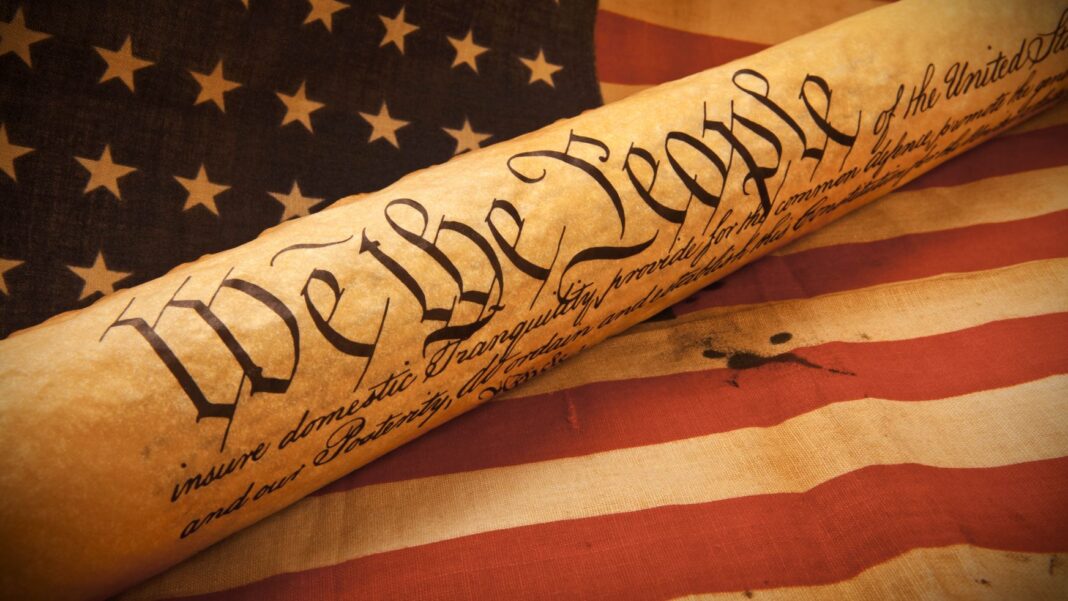
Understanding the Constitution requires knowing some English constitutional and legal history. Both the Constitution and Bill of Rights are loaded with words and phrases inherited from England.
Indeed, the English inherence has been enormously important in shaping the American culture and legal system generally. When educators underplay the English background in service to the “diversity” agenda, they leave their students clueless as to the meaning and significance of the Constitution, and susceptible to “woke” propaganda.
England is, of course, the largest of the four components in the United Kingdom, which also includes Scotland, Wales, and Northern Ireland. All of the 13 colonies that became the United States (as well as the 14th state, Vermont) adopted English political and legal institutions. Even today, most states have constitutional provisions or statutes declaring the common law of England to be the basic law of their courts.
Colonial Americans, like the English, treated Magna Carta, the Petition of Right, and the English Bill of Rights as foundational documents. Colonial legislatures were structured by charters based on English law. Most of the colonial governors were appointed by the Crown. American courts applied English procedures, respected English case precedents, and sometimes consulted acts of Parliament. American law students learned their legal doctrine from Edward Coke’s “Institutes of the Lawes [sic] of England” or William Blackstone’s “Commentaries on the Laws of England.”
Nearly all the leading participants in the constitutional debates of 1787–1790 had worked within the Anglo-American political and legal system. Some had spent considerable time at “home,” as the colonials sometimes called England. John Dickinson, for example, studied law at London’s Middle Temple (one of the Inns of Court) and frequently observed Parliament in action. Ben Franklin lived for years in London, where he represented colonial interests. Franklin was also a postmaster general in the unified British imperial Post Office.
Other leading Founders, while not spending time in England, studied under those who had. One such was James Wilson, a Scottish immigrant, who clerked in Dickinson’s law office.
By Rob Natelson








